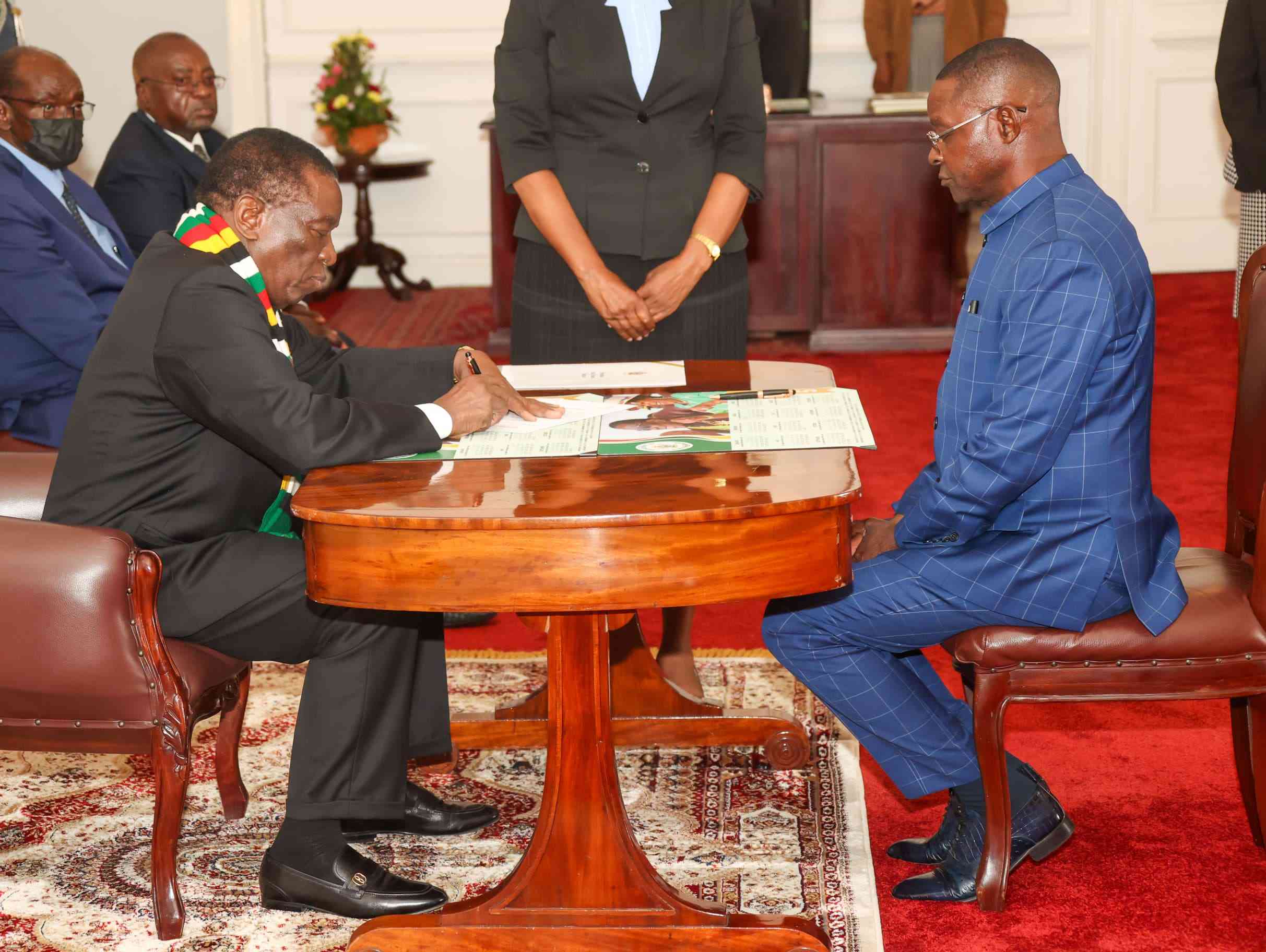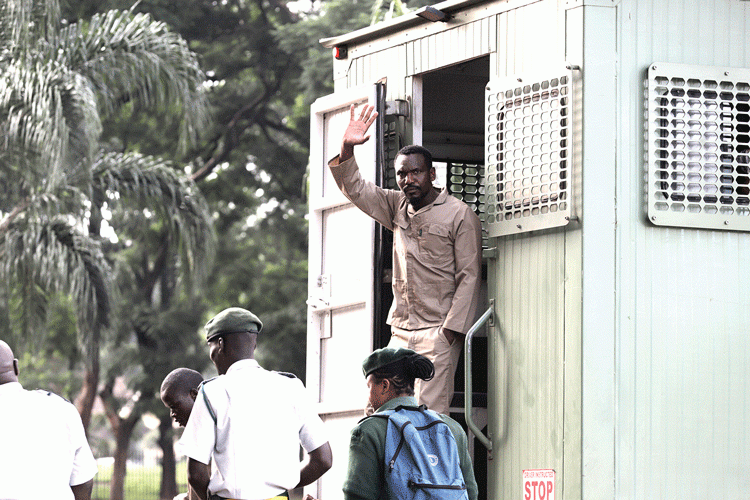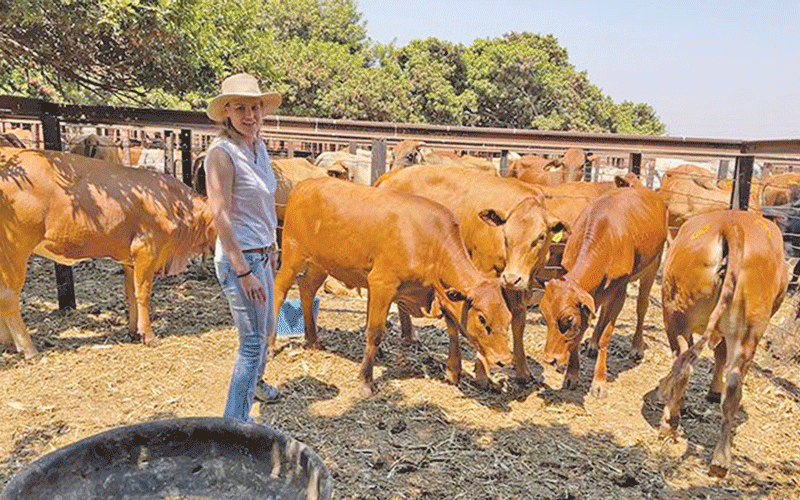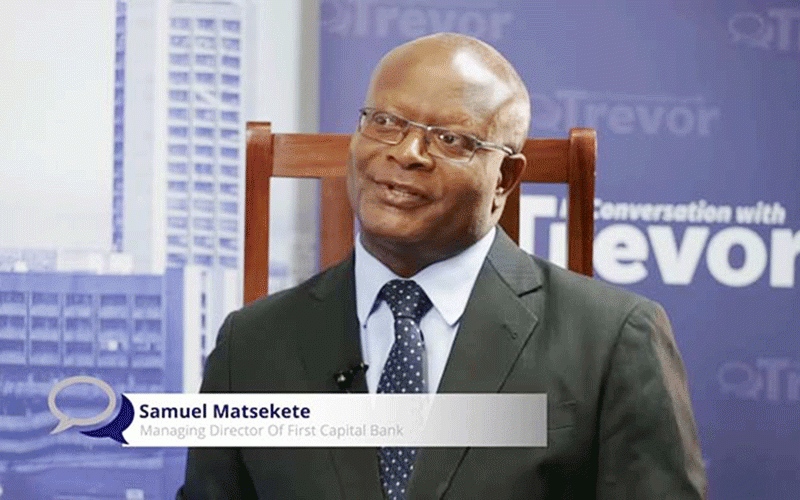LEGISLATORS are apparently unhappy with the Zimbabwe Revenue Authority (Zimra) which they accuse of failing to support the new Zimbabwe Gold (ZWG) currency.
This is because the taxman is auctioning some of its property in foreign currency.
What does it mean if government’s revenue collection agency does not want to accept the very currency it is tasked to collect?
What does it mean if Zimra, despite being mandated to collect a portion of taxes in local currency, chooses to sell its own property strictly in forex?
This is the reality Zimbabweans are being forced to live with by their government.
And, we are sure that if we were to ask the legislators complaining about Zimra not wanting to use ZWG to take out the money in their pockets, it would be the greenback.
Keep Reading
- What is an excellent crypto wallet made of?
- New perspectives: Combating money laundering in real estate
- New perspectives: How Zimbabwe can effectively fight money laundering
- New perspectives: Combating money laundering and terrorist financing
We live in a country where government tells citizens to do things that itself does not want to do.
In Kenya, for example, President William Ruto saw the discontent over proposed tax laws, and promised to heed the concerns raised by the public.
And what did he do after listening? He rejected the new law that would have put the new taxes into effect.
That is an example of a government talking the talk and walking the walk.
We cannot live in a society where the government tells us to support a currency that it shuns. That is why we have the contradiction of having a currency that cannot be used to buy something as basic as fuel.
Yes, a country should have its own currency, but the reality is that Zimbabwe does not need one at the moment given the state of the economy.
There are currently 10 other countries in the world that use the greenback, besides the US and Zimbabwe.
These are Ecuador, El Salvador, Palau, Marshall Islands, Panama, The British Virgin Islands, Turks and Caicos, Timor and Leste, Micronesia and Bonaire.
While some of these countries do not have stable economies, the majority do not have serious challenges, or at least ones tied to currency.
The truth is that the ZWG is a passion project of the government because it is clear that after the 2008 depression, the market will never truly accept a local currency in whatever form.
As usual, we ask for the authorities to implement good policies that support the currency regime if they want the public to trust it.
If the authorities think that controlling money supply growth alone can do the trick, then they do not understand how economics works.





